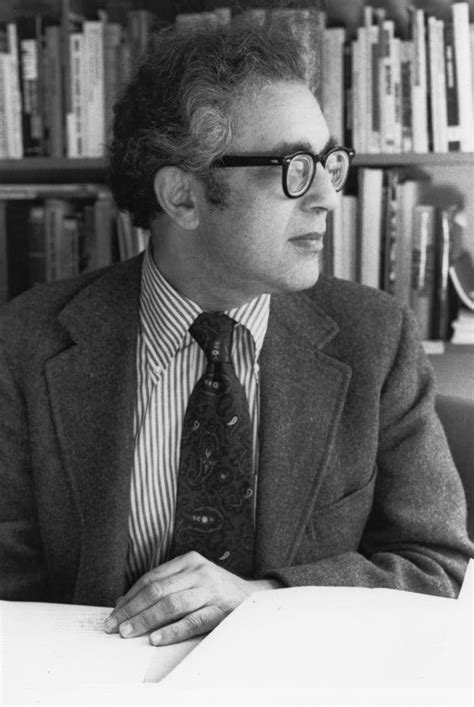A Quote by Edward Weston
It seems so utterly naive that landscape - not that of the pictorial school - is not considered of "social significance" when it has a far more important bearing on the human race of a given locale than excrescences called cities.
Related Quotes
In our own time we have seen domination spread over the social landscape to a point where it is beyond all human control. Compared to this stupendous mobilization of materials, of wealth, of human intellect, of human labor for the single goal of domination, all other recent human achievements pale to almost trivial significance. Our art, science, medicine, literature, music and charitable acts seem like mere droppings from a table on which gory feasts on the spoils of conquest have engaged the attention of a system whose appetite for rule is utterly unrestrained.
What people want now, they want jobs. They want great jobs with good pay. And I'll tell you, we're spending a lot of money on the inner cities - we are fixing the inner cities - we are doing far more than anybody has done with respect to the inner cities. It is a priority for me, and it's very important.
The most horrible wickedness and cruelties, and the greatest miseries that have troubled the human race began with this thing called revelation, or revealed religion. ... It would be far, far better for us to let a thousand devils roam the world, and publicly preach the doctrine of devils (if there were such a thing, which there isn't), than to let one impostor and monster such a Moses, Joshua, Samuel or the Bible prophets come speaking the so-called word of God, and causing men to believe it.
The Spirit of Cities presents a new approach to the study of cities in which the focus is placed on a city's defining ethos or values. The style of the book is attractively conversational and even autobiographical, and far from current social science positivism. For a lover of cities--and perhaps even for one who is not--The Spirit of Cities is consistently good reading.




































